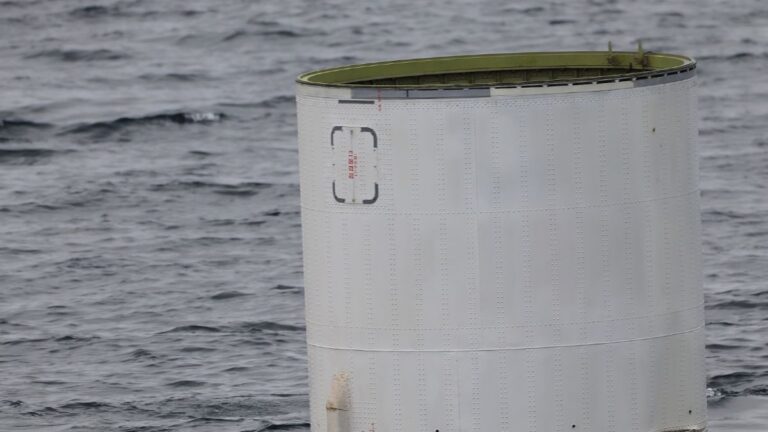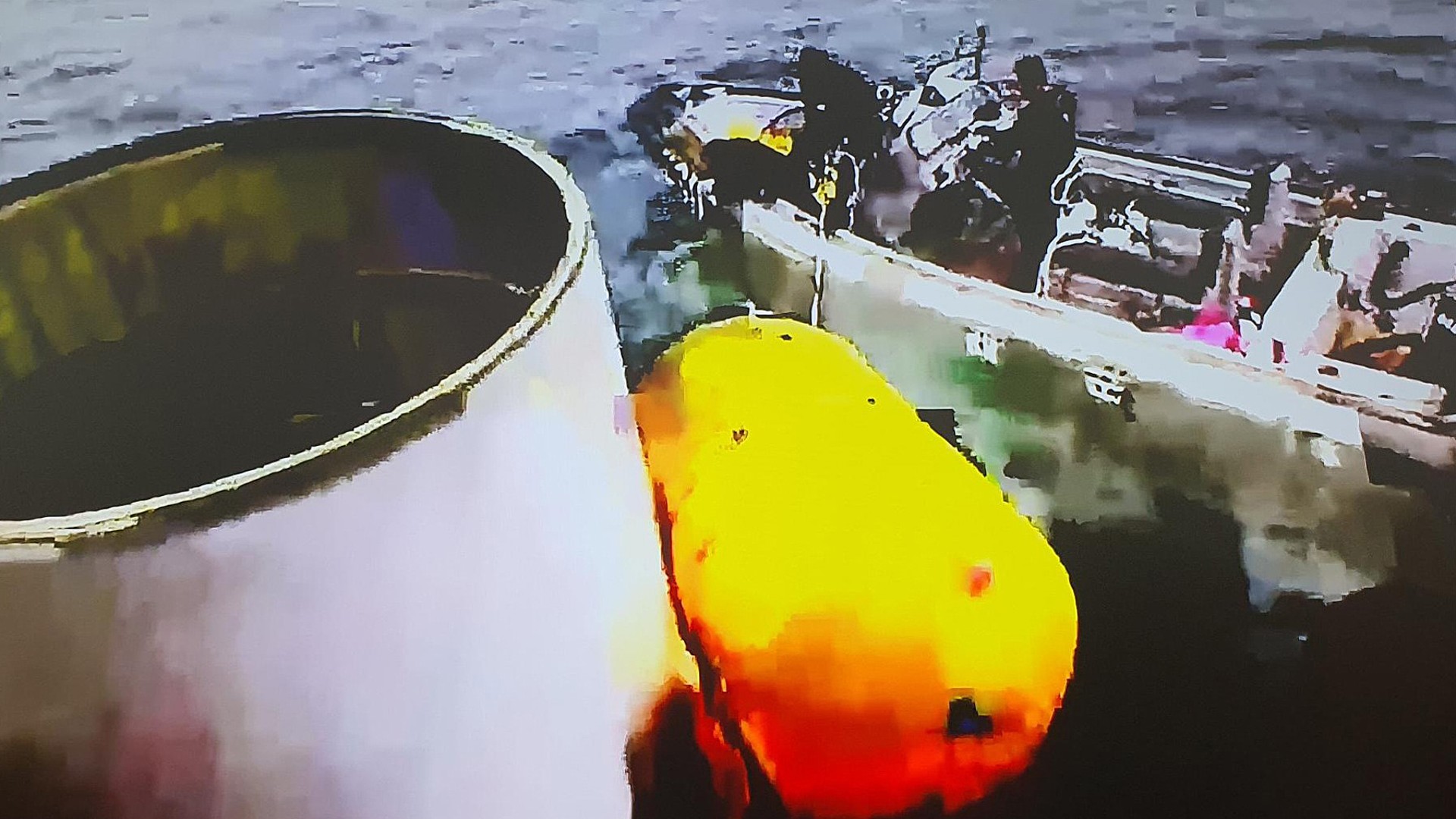
[ad_1]
South Korean military authorities have salvaged North Korea’s first spy satellite after its failed first launch last month, according to media reports.
North Korea attempted to launch the satellite on May 31, but the rocket carrying it suffered an unknown failure and crashed into the sea shortly after liftoff. The satellite, known as Malligyong-1, is reported to be designed to take high-resolution images of Earth to provide intelligence for the reclusive country’s military.
Pieces of debris believed to be the Chollima Type 1 rocket used for the mission were recovered just days after the attempted launch, Reuters reported on June 15. South Korea’s Yonhap News Agency is now reporting that the South Korean military has salvaged “an object believed to be a military reconnaissance satellite,” offering a valuable opportunity to learn about the spacecraft and its planned capabilities.
Related: North Korea says its rocket launch failed, 1st spy satellite lost
Close to 180 pieces of debris were reported to have landed in the Yellow Sea between China and the Korean peninsula, according to the report.
Unnamed military sources told Yonhap News Agency that “various wreckage has been collected from the site,” and “the salvage operation and related activities are continuing.” The suspected satellite has been transferred to a military research facility in Daejeon, South Korea for further analysis.

North Korea has previously launched satellites to orbit, once in 2012 and again in 2016, but neither was believed to be designed to collect intelligence as Malligyong-1 was. Some analysts think these launches were meant to provide cover or research for the nation’s widely condemned missile program.
The hermit kingdom has been conducting tests of sophisticated missile technologies in recent years, some of which are believed to be capable of reaching as far as the continental United States. As the failed launch of the nation’s first spy satellite shows, however, it remains unclear how advanced the nation’s space and missile programs actually are.
[ad_2]